The long read: A conversation about power, equity, humanitarianism, research and religion
Naomi Fastovsky
Harvard Divinity School Master of Theology ’23 Candidate
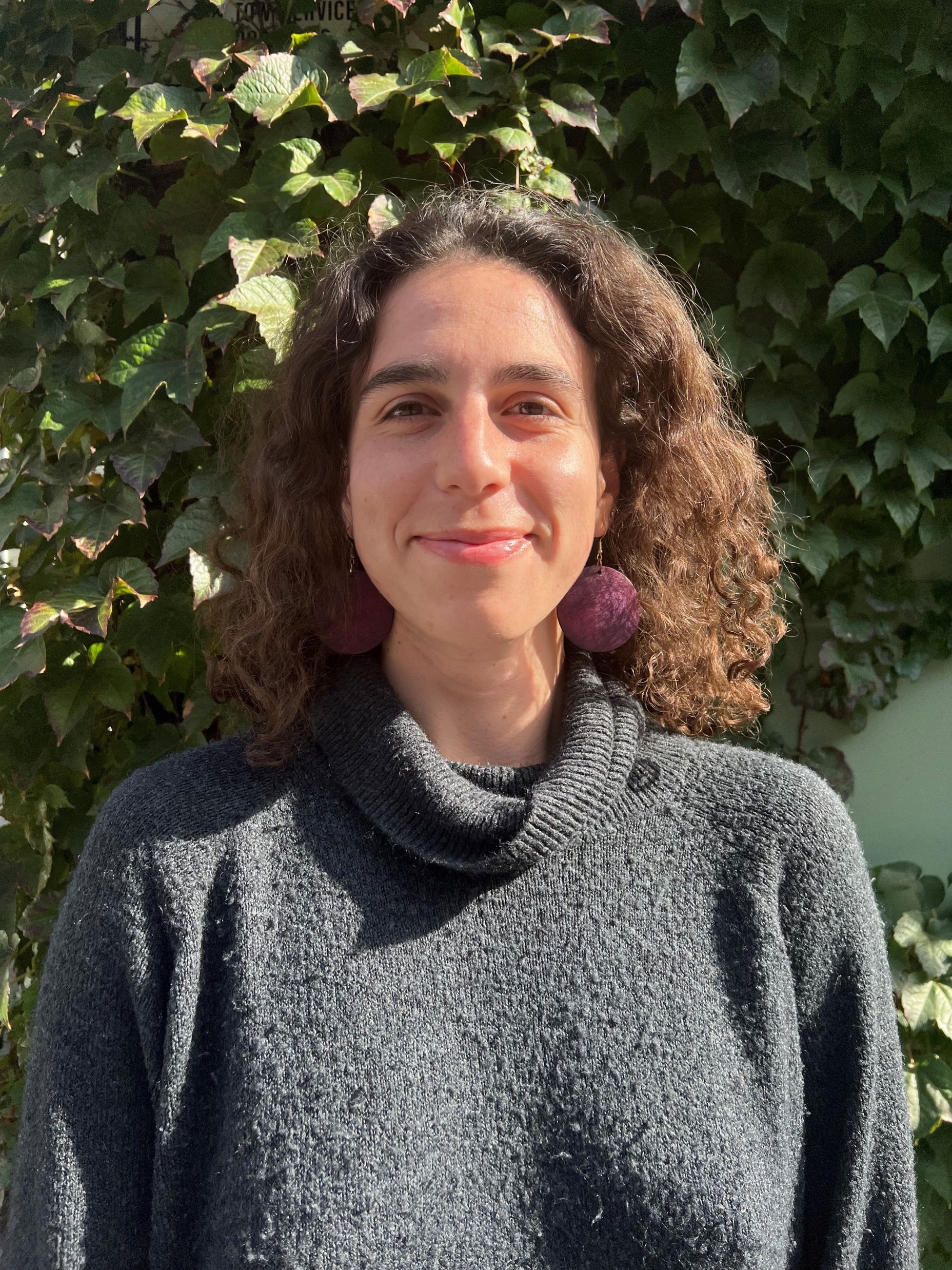
Charlotte McAdams
Harvard Divinity School Master of Divinity ’24 Candidate
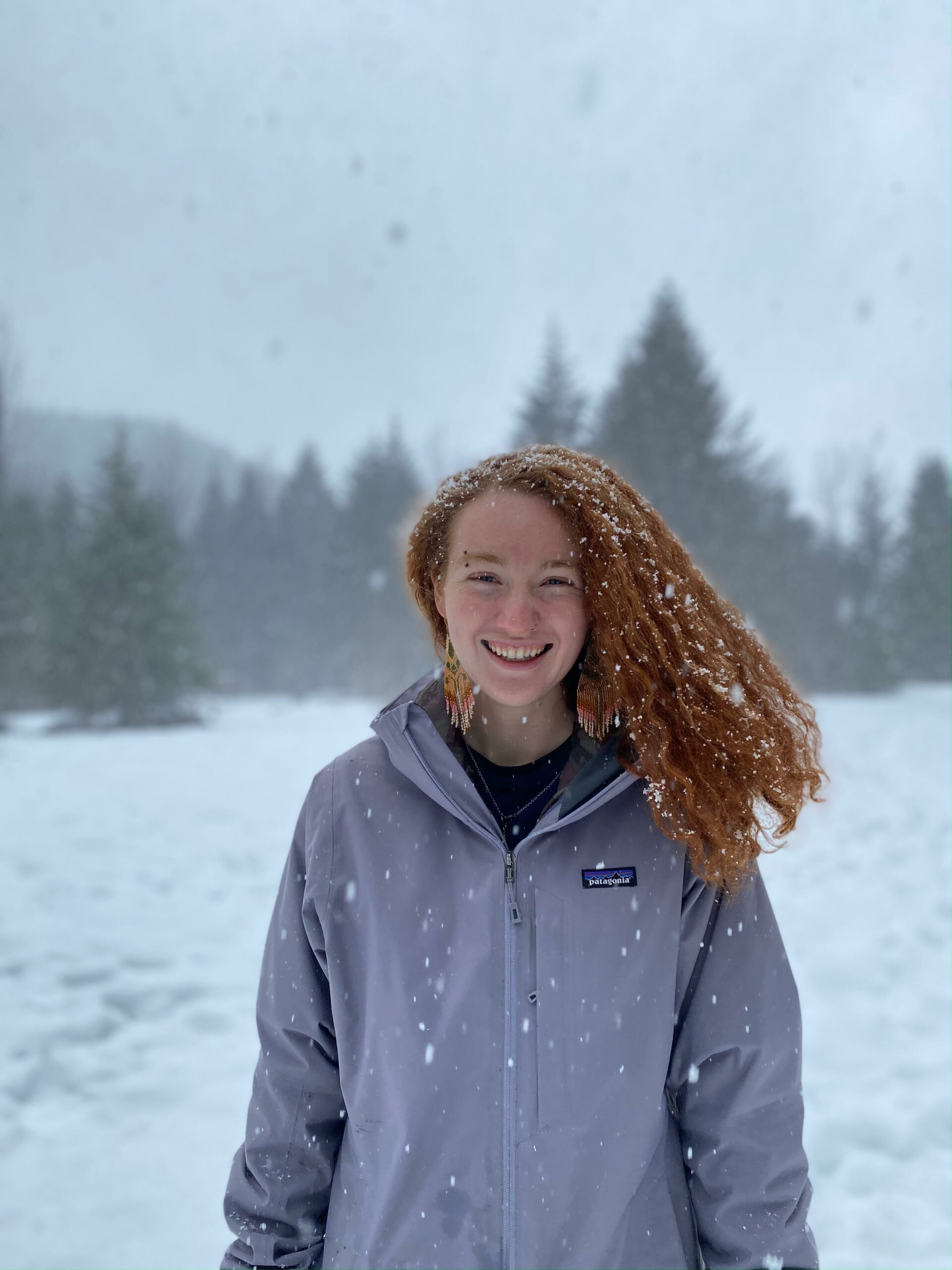
Harvard Master’s students Naomi Fastovsky and Charlotte McAdams joined JLI as summer interns in 2022. They supported JLI’s Fair and Equitable Initiative during their internship and worked closely with the JLI/SBF MHPSS and Culture in Syria hub. In this blog post, they reflect on their experience, touching on questions of power and equity in research on religions, development and humanitarianism.
Charlotte: My name is Charlotte McAdams and I completed an internship at JLI, where I have worked with the Fair and Equitable Initiative and in the new Mental Health and Psychosocial Support Hub (MHPSS) hub, in 2022. My fellow intern, Naomi Fastovsky, and I are both masters candidates at Harvard Divinity School (HDS), and I study the intersection of faith and mental health. We found this internship placement through a certificate program we are enrolled in at HDS called Religion and Public Life (RPL) that focuses on religious literacy in the professional world. Naomi and I aim to gain experience in the humanitarian action field so that we can examine how to apply the tenets of religious literacy and just-peace in the grey-areas, contradictions, and ethical quandaries of lived religion as it interplays with the shifting system of humanitarianism. In this blog post, Naomi and I collaboratively reflect on what we have learned in this internship and how categories such as religion, equity, and faith continue to be problematized and reshaped in light of new experiences.
Naomi: As Charlotte mentioned, we both are in the same certificate program, but our backgrounds in religious studies differ. Thus, while Charlotte came into our internship from the angle of mental health and religion, I carried in my interest in Sinophone religions. As we discovered while working together, these differing perspectives shaped how we interpreted, problematized, and addressed various facets of our internship.
First, Charlotte, let’s talk about religion. In RPL, we are taught about religious literacy, which is composed of three truisms. First, religions are traditions with great internal diversity, meaning that there is no “right” way to practice. Second, religions shift over time– they are not static. Third, religion cannot be separated from the rest of the spheres of life, but in fact permeate all of life’s parts. If I had to summarize, religious literacy is the understanding that religions are only made meaningful by the people that give meaning to them. Since people are diverse, shifting, and have various spheres of life, so too do the religions they practice. Charlotte and I used our internship at JLI as an opportunity to test out such literacy in the humanitarian context.
Charlotte: Thanks for laying out the religious literacy framework, Naomi. Religious literacy provides a method of learning about religion, rather than a strict definition of it. As we have discussed in our coursework at HDS, religion is extremely hard to define and there is no scholarly consensus on the term or whether religion as a category should exist (a concept that you have studied more in depth than I have, Naomi). I think JLI does a great job of examining its assumptions about religion as a category and it has been helpful to see a nuanced view of religion in action.
Naomi: For my own part in this internship, as JLI works towards being fair and equitable, fronting an ethos of redistributing power and resources and reducing inequalities, I have been forced to reevaluate if religious literacy as explained above is a sufficient model to enact just peace, and if JLI’s work to bolster faith sensitivity is in line with its models of fairness and equity. Missing in both is the important discussion of religion itself. As Charlotte mentioned, the effort to define religion is long and complex, fostering truly a mammoth amount of discussion and debate. People who work in the field are justifiably exhausted from such rambling rabbit holes. Yet as I look around the table and see a mere tokenization (if that) of indigenous, East Asian, and other non-Abrahamic perspectives, the debate seems all the more necessary because there are people who continue to be forced to conform, or actively excluded, based on religious grounds.
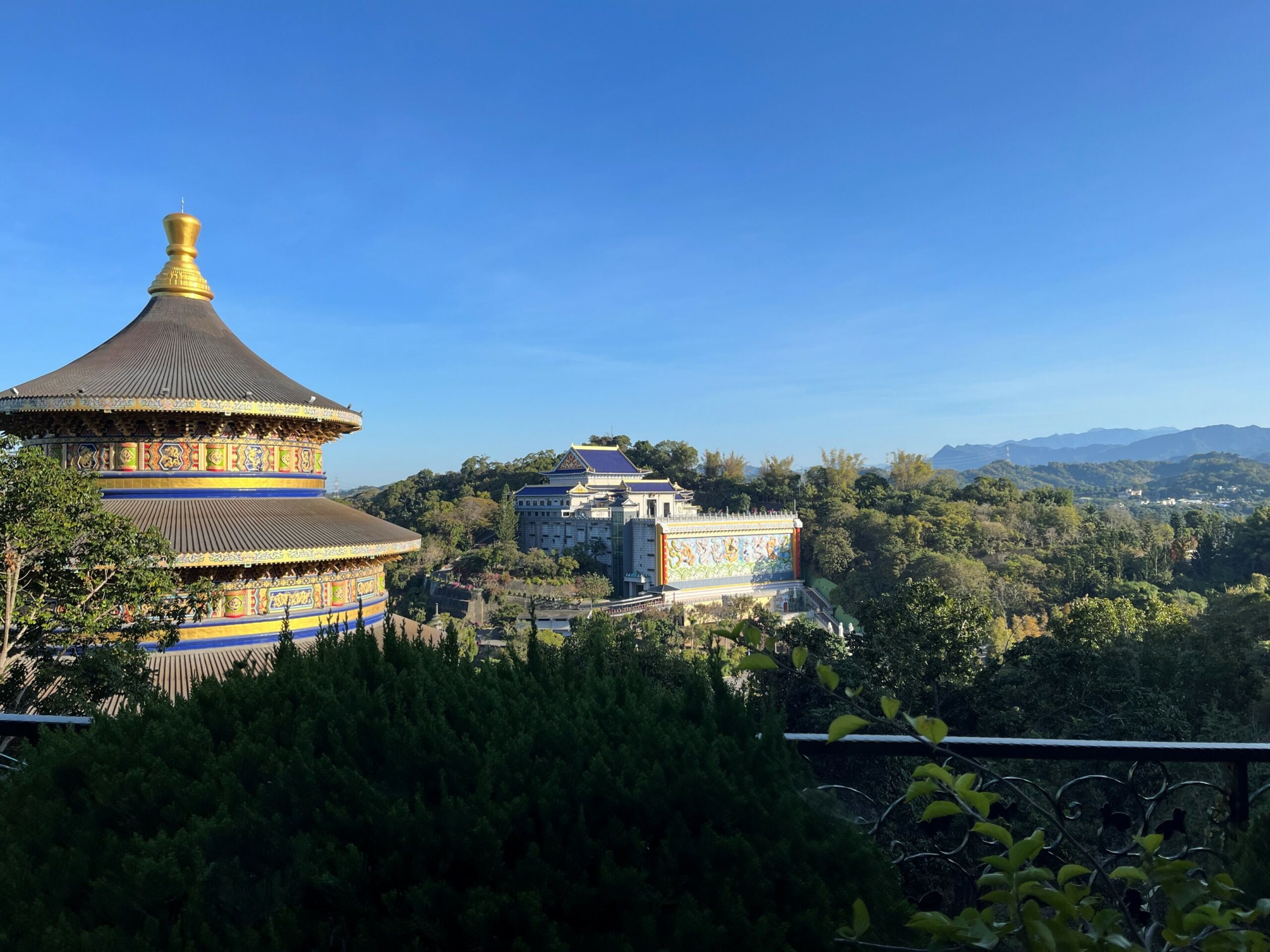
Charlotte: One thing that we have discussed a bit during our internship is the concept of a neutral actor and when we can call ourselves neutral in research and practice. I have come to realize that I didn’t come into this internship with the sole purpose of learning, but also to test and advance just peace as both an end goal and a praxis. We are taught that religious literacy advances just peace. To this end, when actors have a more nuanced view of religion’s presence in all aspects of life, in both positive and negative forms, they are more able to promote just peace because they see the power-systems and belief systems influencing everyday occurrences. While I seek to be aware of my own positionality, I lose some facet of neutrality in that I do believe and act upon the belief that people need to learn about religion.
Naomi: Charlotte brings up a really good point here. What does it mean to be neutral in any context, let alone the context of religion-focused work? When working in religion-focused spaces, even when one is neither an apologist nor a polemic of religion, we are often operating under a series of assumptions about the power and presence of religion. These biases, then, naturally inflect our work. Both JLI and RPL are admirable because they carry their notions of religion explicitly even as both seek to do evidence-based work and critical scholarship. Thus, for myself, this internship has not been a question of how to be a neutral actor, but how to be biased in a way that is critical and rigorous; how to challenge myself and my colleagues to remain true to our value-system that emphasizes faith sensitivity and scholarly integrity; how to work with and learn from non academic humanitarian practitioners who are no more biased than myself (despite insistence to the contrary by the conservative academy), but who might lack experience or understanding of critical, rigorous scholarship.
Charlotte: Naomi makes an important distinction here between neutrality and critical scholarship. Recent studies have described how even the supposedly neutral, rationally grounded position of secularism holds specific truth claims. Secularism, religion, and other belief systems not encompassed by these terms all make claims about what constitutes reality. Thus, the goal is not to be an actor working from a blank slate, but to acknowledge one’s own position and strive to critically examine how biased discourses have been naturalized by one’s worldview. Laying out your base assumptions in an academic paper can help both the author and reader examine the topic more clearly. As Naomi mentioned, we have worked this summer with non academic humanitarian practitioners who may not be experts in the norms of the academy, but are experts in their own experiences and the fields from which they come. This experience has pushed me to dissect the ways that evidence and ‘rationality’ have been constructed to privilege people from specific backgrounds.
Naomi: The emphasis on ‘evidence’ and expertise to which Charlotte is pointing is a very important aspect of our work. JLI prides itself on evidence-based scholarship, but also strives to reimagine these concepts in ways that are consistent with the Fair and Equitable Initiative. This means a fundamental reworking of what constitutes evidence and expertise to include, as Charlotte mentioned above, the experience and expertise of non academic humanitarian practitioners. Concretely in this internship, such a rework has two prongs: first, listening rather than informing (a surprisingly difficult enterprise for many academics – including myself!), and second, reinforcing the legitimacy of conventionally ‘non-expert’ evidence to non academics, who have themselves internalized the very hierarchy of expertise from which they are excluded. On a personal level, I found both prongs difficult in practice. What remains even more difficult, however, is the third step after opening up to alternative forms of expertise and evidence, namely, maintaining the ethic of scholarly rigor mentioned above in this more equitable but relatively untrodden space of unconventional expertise and evidence. What constitutes valid evidence? What constitutes expertise? This internship has provided the opportunity to explore these questions.
Charlotte: Naomi mentions a central aspect of our time at JLI: navigating partnerships. JLI strives to engage in partnerships with local actors fairly and equitably. Recent trends in the field have pushed toward the local humanitarian leadership model, which places local actors in more central positions as holders of necessary cultural and religious knowledge. However, large organizations still often tokenize the involvement of local actors, engage in transactional partnerships, and act as owners of evidence and programming. Throughout my internship here, I have seen how Syria Bright Future (SBF), JLI’s MHPSS partner, acts as leader of research and programming while JLI seeks to support and share resources. It’s been a wonderful opportunity to engage with SBF in support of their work and stand back to let their expertise shine through. As Naomi mentioned, this means listening rather than informing, a trait that is undervalued in academia (and surprisingly challenging!). However, when I was able to step back and hear SBF’s understanding of the topic, it opened new doors for seeing the ways in which Syrian culture and religions affect MHPSS.
Naomi: In summary, this internship has been a place for Charlotte and myself to stretch our wings in terms of putting into practice the ideals and theories we hold from our studies. For myself, working for JLI has allowed me to humanize the ideas about power, religion, and equity about which I had read but never practiced. It also presented me with challenges that I had not anticipated but which helped me grow as both a scholar and a person. My favorite part of the internship, however, was the degree to which I was able to personalize my work. This internship required Charlotte and myself to have a voice and to use it. We were asked to complete projects relevant to our personal interests, to be vocal about our opinions about various aspects of JLI’s work, and to cultivate personal relationships with our partners (if our WhatsApp group chat with SBF is any indication). Thank you JLI!

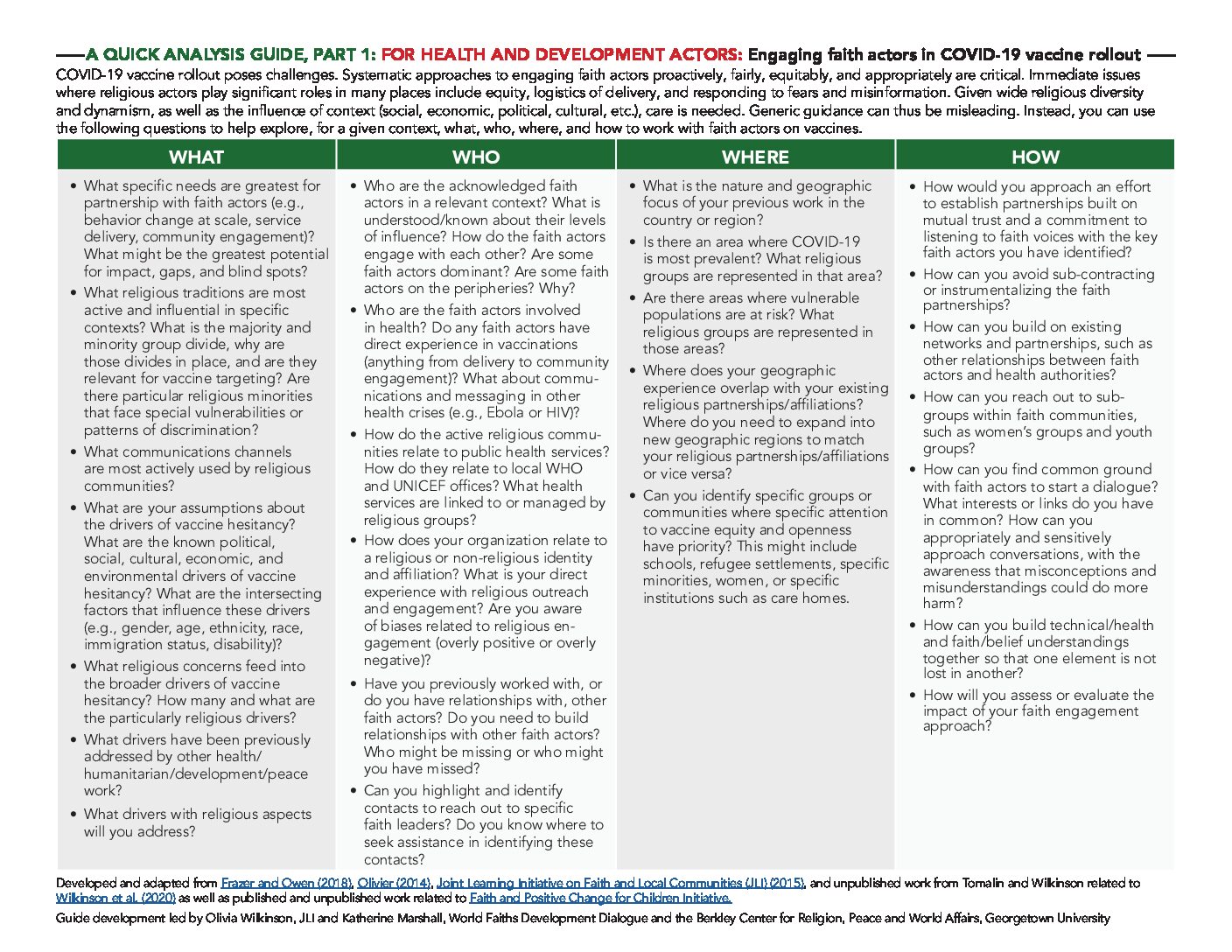
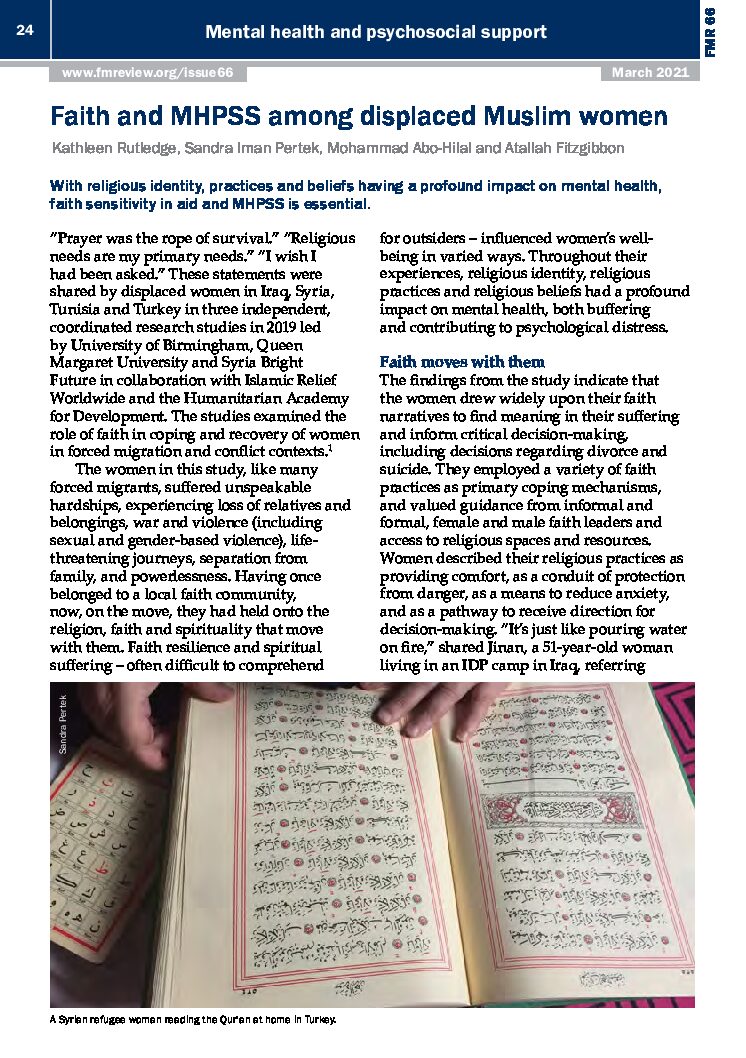
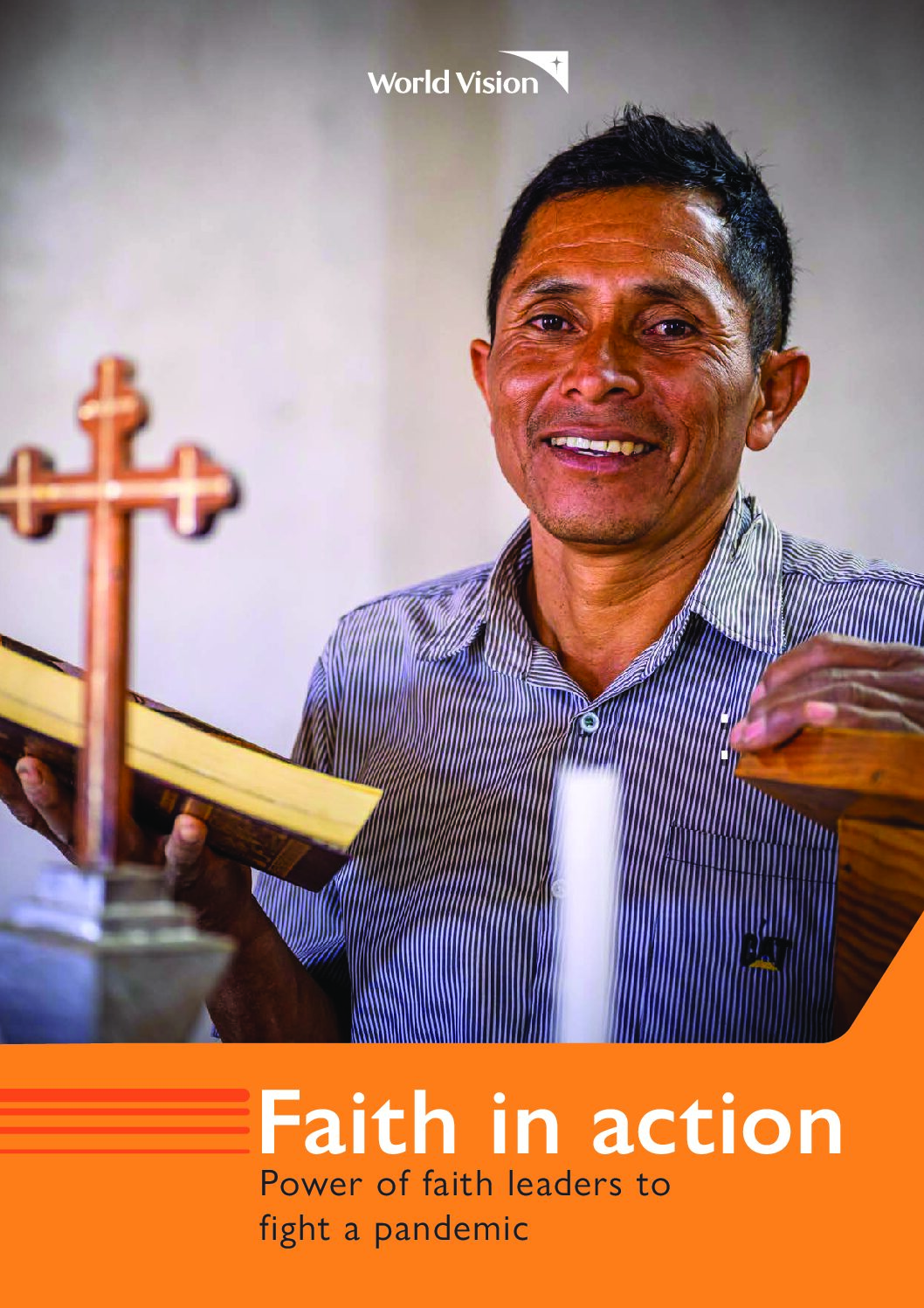
0 Comments